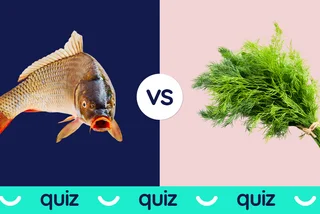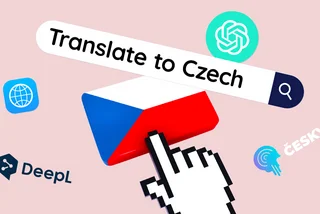A subsidiary of Charles University, Charles University Innovations Prague (CUIP) has released a unique digital tool that applies the principles of ride-sharing to translators with the help of volunteers.
The TAP2U application, which allows people from all over the world to communicate via written and spoken word translations, is designed to help in situations where machine translations often fail.
The project's primary aim is to assist Czech authorities and organizations, but will also develop a paid model for individuals and companies. The Police of the Czech Republic have already shared materials to be translated with the application, according to a press release from CUIP.
TAP2U is an application that connects those who are able to translate between different languages, with those who require translation. Each translated text is also evaluated and corrected in the app's community of translators. The result? Translations created by humans are checked multiple times for accuracy.
"We are now at a stage where we're using individual prompts [and] hiring translators for the application and to expand the language portfolio of the app. The next step will be a direct connection between the person needing translation and the interpreter using an audio or video call. This means that everyone with a smartphone will have a live interpreter at their disposal thanks to the application," said Jaroslav Vavřina, co-founder of the project.
Named TAP2U because translations are literally conducted at the tap of a finger, the app allows all users to submit requests for a translation as well as evaluate the resulting translations, giving users an indispensable role in improving the experience. Their expertise is scored as an incentive.
"While now the main motivation for translators is to help or trump each other in translations of beneficial or fun challenges, later they will also be able to earn through the application when there is a commercial demand for the translation of ordinary e-mails to instructions and websites," said Ondřej Hanousek, one of the leading developers of the application.
Jiří Dejl, a pedagogy student of the Faculty of Arts of Charles University, came up with the idea for the app while helping transfer refugees and humanitarian aid to the Slovak-Ukrainian border this spring when the war in Ukraine broke out.
"After returning to the Czech Republic, we sought a way to help further and on a larger scale. We agreed that for all of us who want to help foreigners in any situation, first of all, we lacked a tool that would reliably overcome the language barrier. While at the borders, we often made do with automatic translators; during subsequent searches for healthcare and social care we were lacking a live interpreter," said Dejl.
The current situation in Europe and throughout the world shows an increased need to communicate in emergency situations with those who do not speak your mother tongue, whether in offices, hospitals, pharmacies, or schools.
The idea of creating a service that uses the sharing economy model, similar to taxi service Uber impressed the rector of Charles University, professor Milena Králíčková, who offered the support of CUIP.
"When I first heard about the TAP2U project, I was excited. The idea that Charles University actively participates in such a project and supports the international community in the Czech Republic, thus helping to solve difficult life situations, gives me confidence that we fulfill our role well and responsibly," said Králíčková.
The chairman of the board of CUIP, Otomar Sláma added, "The TAP2U application is a great example of humanitarian transfer, which also connects people from different communities, environments, and nationalities."












 Reading time: 3 minutes
Reading time: 3 minutes 






















